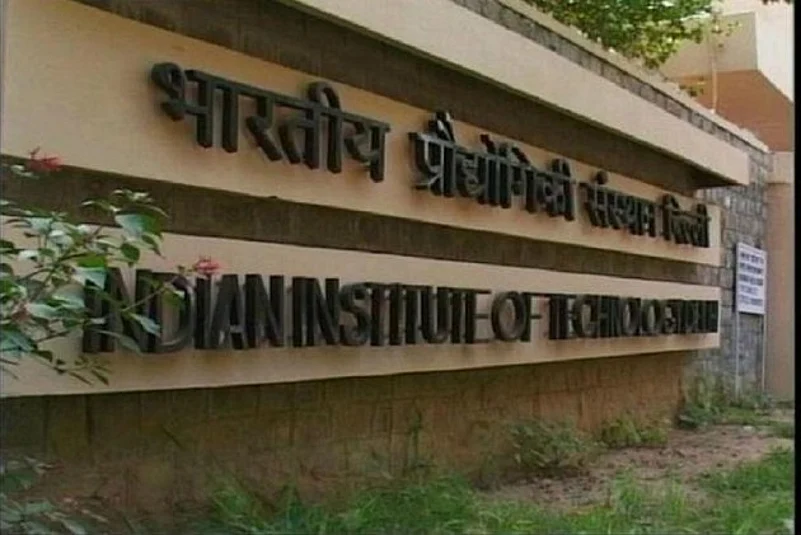Students qualifying the Joint Entrance Examination (JEE) Advanced this year will have an option to pursue a new 4-year undergraduate programme at the Indian Institute of Technology (IIT), Delhi.
The premier technical institute launched a first of its kind course, B Tech in Engineering and Computational Mechanics, on Wednesday, ahead of the nationwide entrance examination to be conducted by the joint admission board of the IITs on Sunday.
“The graduates of this programme are likely to find the best technical jobs in core engineering,” Sanjeev Sanghi, head of the department of applied mechanics in IIT Delhi, said.
They will also be “very apt” candidates for higher studies like Master’s and PhD in the IIT Delhi and in other leading national and international higher education institutions, he said.
Advertisement
“Design, analysis and research jobs in sectors such as defence, aerospace, automotive, shipping, bio-mechanics and bio-medical devices, off-shore structures will be open to the students pursuing this programme,” he added.
“It’s a unique programme, which we have developed in consultation with the Industry. This programme is not available at any other technical institute in India and abroad,” Sanghi told Outlook
A total of 40 seats are available this programme for admission this year.
“We will consider increasing the number of seats next year based on the response of the students,” he added.
Under the programme, students will be exposed to basic fundamentals of all aspects of mechanics including classical aspects like theoretical and experimental mechanics, and also the latest in computational techniques including finite element method and computational fluid dynamics (CFD).
Advertisement
“This programme is marriage of mechanics and computer science. It is contemporary and futuristic both,” he added.
It will provide students “a strong grounding” in the fundamentals of engineering mechanics along with the tools to address areas such as biomechanics, nanomechanics, constitutive modeling at multiple length and time scales, parallel processing for mechanics problems, machine learning, artificial intelligence in mechanics.
“The students pursuing this course will be able to analyse complex interdisciplinary phenomena relevant to problems in industry and cutting edge research through experimentation, analysis and computation, he added.




















